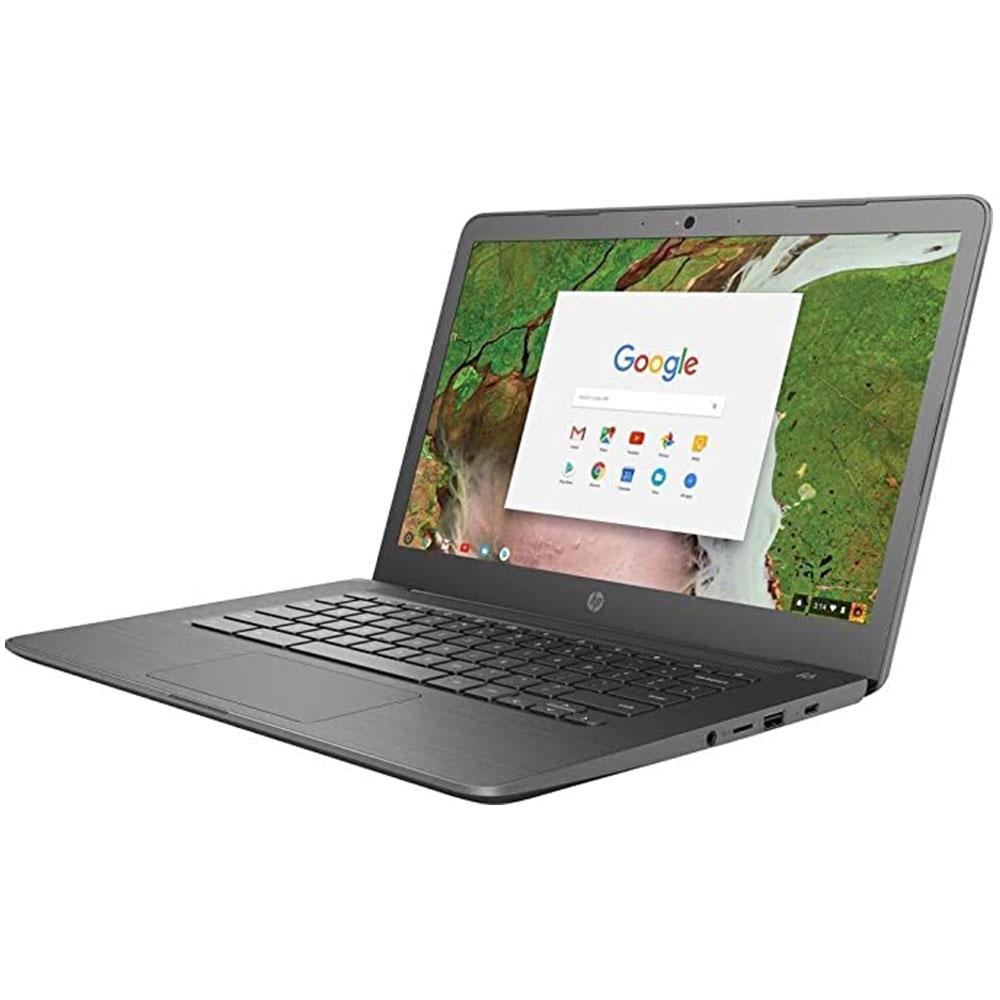Content writing is a field that requires a reliable and efficient computer to produce high-quality work. Chromebooks are becoming increasingly popular due to their affordability and portability, but the question remains: are they good for content writing? In this answer, we will explore the features of Chromebooks and whether they are suitable for content writing.
First, let's discuss what a Chromebook is. A Chromebook is a laptop that runs on the Chrome operating system (OS) developed by Google. Unlike traditional laptops that run on Windows or Mac OS, Chromebooks are designed to be used with an internet connection and rely heavily on cloud-based services. They are known for their fast boot-up time, long battery life, and lightweight design.
Now, let's consider the features of best chromebook for writers that make them suitable for content writing:
-
Portability: Chromebooks are lightweight and easy to carry around, making them ideal for content writers who work on-the-go or travel frequently. Their compact design makes them easy to fit in a bag or backpack, and their long battery life ensures that they can be used for extended periods without needing to be charged.
-
Cost: One of the biggest advantages of Chromebooks is their affordability. They are significantly cheaper than traditional laptops, making them an attractive option for content writers on a budget. This makes it easier for aspiring writers to get started and build their career without investing too much money in a computer.
-
Cloud-based storage: Chromebooks rely heavily on cloud-based storage services like Google Drive, which offers up to 15GB of free storage. This allows content writers to access their work from anywhere and collaborate with others in real-time. Cloud-based storage also ensures that important files are backed up and secure.
-
Simplicity: The Chrome OS is designed to be simple and easy to use. It offers a minimalist interface that is free of clutter, making it easier for content writers to focus on their work without distractions. Additionally, the lack of unnecessary features and software makes Chromebooks faster and more efficient than traditional laptops.
-
Security: Chromebooks are known for their high level of security. The Chrome OS is designed to protect against viruses and malware, and updates are automatically installed to keep the system secure. Additionally, Chromebooks use a technology called Verified Boot, which ensures that the OS is not compromised during startup.
However, there are also some limitations to using a Chromebook for content writing. Here are a few considerations:
-
Limited software: Chromebooks do not run traditional software programs like Microsoft Office or Adobe Creative Suite. Instead, they rely on web-based applications that can be accessed through the Chrome browser. While there are many web-based writing and editing tools available, some content writers may prefer the familiarity and functionality of traditional software.
-
Offline access: Chromebooks are designed to be used with an internet connection. While many web-based applications offer offline access, some may require an internet connection to function properly. This can be a problem for content writers who work in areas with limited internet access.
-
Storage limitations: Chromebooks come with limited onboard storage, typically ranging from 16GB to 128GB. While this may be sufficient for basic writing and editing tasks, it can be a problem for content writers who work with large files or media-rich content. However, this can be mitigated by using cloud-based storage solutions like Google Drive or Dropbox.
-
Limited customization: Chromebooks are designed to be simple and efficient, which means that customization options are limited compared to traditional laptops. This may be a problem for content writers who prefer to personalize their computer's settings and interface.
In conclusion, Chromebooks can be a good option for content writers who prioritize portability, cost-effectiveness, and simplicity. They are ideal for writers who work on-the-go or travel frequently.

